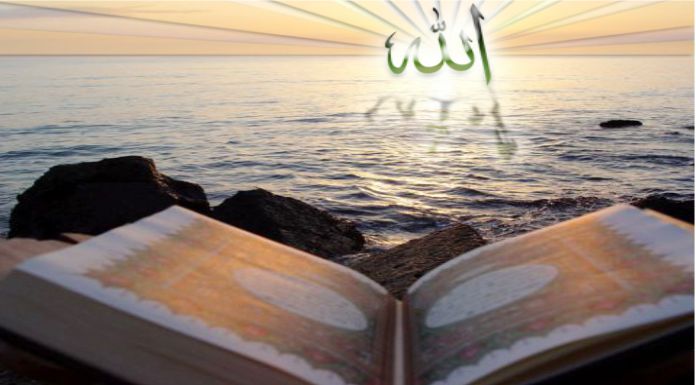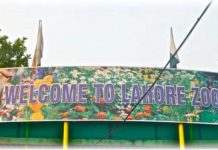Muslims and Christians are the two greatest nations of the world which constitute more than half of the human population. The terms ‘dark-age’, ‘middle-age’ and ‘golden age’ were first used by the Christians as they thought the time of emergence of Islam and before it as their dark age, as they were down-trodden morally, intellectually as well as politically. When the West started freeing itself from the chains of church it was the period of Renaissance or ‘middle-age’. Now, when the Western world started leading the human civilization, it was names as ‘golden-age’. But the case with Muslims is perfectly opposite. For Muslims the Christians’ ‘dark-age’ was the ‘golden’ age of Islam and when they are in their golden age, we are still struggling in ‘our’ dark-age. For the last one-and-a-half millennium it has been like a cycle and the Muslim and the Christian worlds as its opposite ends. When one end had an edge, the other got down.

The first thing Muslims did after establishing a stable state, or the caliphate; was that they transferred knowledge from Greece, Persia, China, India and from wherever they could – into Arabic. At the same time they opened the door to practical sciences instead of just theoretical ones like those of Greece. In addition Muslims gained knowledge both religious as well as secular, with absolute impartiality. Unfortunately, we have forgotten the footsteps of our forefathers.
Gaining knowledge is a feeling extremely ‘beautiful’. Whilst one is diving in the sea of knowledge, his intellect develops. Subtracting education causes the downfall of intellect as well. Slowly and gradually Muslims retreated in both the fields – whereas one is connected to the other.
The basis of advanced education was laid down during Umayyads’ rule while the glory was witnessed in Abbasids’ period. Later on, the focal point shifted from ‘iqra’ (read!) to conquering the lands. Muslim armies kept the control of lands and their naval armadas ruled the waters but while Europe was circulating books and had invented printing press, Muslims were only arguing whether it is permissible in Shariah or not.
Another point to be noted is that the Arabs excelled in every field – be it military, politics, sciences, poetry and architecture but Turks, although gallant as they were, could not make a significant progress in the fields other than military. The formers had intellectual leverage over the latter ones, historically. It gives a considerable reason that the Turks ruled the last of ‘Islamic’ empires.
In the last two centuries, especially the last one, the humility Muslims have faced on the hands of Europeans is incomparable. Its reason can be assumed as military defeats, but despite this apparent factor the actual remained as moral and intellectual bankruptcy of the Muslim Ummah. It is shame that while Europeans were building universities like Oxford and Cambridge in their every city, Muslims were busy in building Tombs like Taj Mahal. Even today there is not a single university of the Muslims, anywhere in the world, which is among top 500 universities of the world. Same is the general behavior to the learned men executed by Muslim societies. Muslims all over the globe did start to re-emerge on the world’s stage politically after the World War 2, only when our masters had brutally wounded each other. So far the education is concerned Muslims are still way too behind the real competitors.
All the Muslims like their fellow human beings, are equally intelligent and innovative. But the Muslims living in Pakistan, Bangladesh, India, Egypt and Iran have shown great fertility of their minds. It is not very difficult to rule the world of knowledge. As Muslims of earlier periods used to study religion as well as sciences at the same time, still this formula can be fruitful. Separation of religion and scientific studies will bear no fruit to the Muslims but will produce only hollow minds. Amalgamation of secular with religious studies is a dire need of the Muslim Ummah. Only then can we bring our golden era back.




 EducateBox is your education news, past papers, model papers, interesting articles website. We provide you with the latest breaking news straight from the education industry. We are your all-access pass to all the A-List tutorials around the globe.
EducateBox is your education news, past papers, model papers, interesting articles website. We provide you with the latest breaking news straight from the education industry. We are your all-access pass to all the A-List tutorials around the globe.